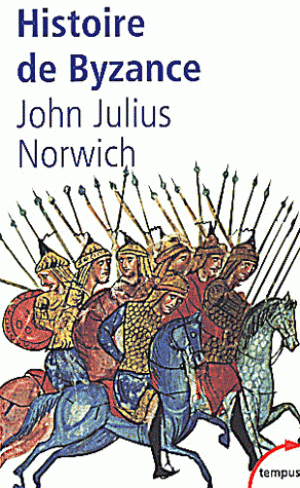

This approach is less new than the author supposes in contemporary phUosophy as a whole, though it would be true to say that it has not been so common in analytic philosophy. Marenbon describes his approach in the second part as 'historical analysis', in short, informed philosophical inquiry which is sensitive to historical context. The considerably longer second part, by contrast consists of the study of one specific but far-reaching topic in medieval philosophy, the nature of (intellectual) knowledge examined in relation to its sources in Greek and Arabic philosophy and its treatment in the works of major thinkers: Thomas Aquinas, Duns Scotus, and William of Ockham in particular. Thefirstof the two parts does indeed contain a good deal of history in providing an informative guide to the setting in which philosophy came to be practised in the latter Middle Ages: the growth and organisation of the universities of Paris and Oxford, the characteristic forms Of inquiry, teaching, and writing in philosophy which emerged, the development of logic, the main sources of medieval philosophical thought, the place of philosophy in the Arts Faculty and, not least its problematic relationship with theology over the period as a whole.

The author of this bookrightiydescribes it as an introduction to, rather than a history of, later medieval philosophy. Short notices 181 M a r e n b o n, John, Later medieval philosophy (1150-1350): an introduction, London and N e w York, Routledge, 1991 rpt paper pp.

In lieu of an abstract, here is a brief excerpt of the content:


 0 kommentar(er)
0 kommentar(er)
